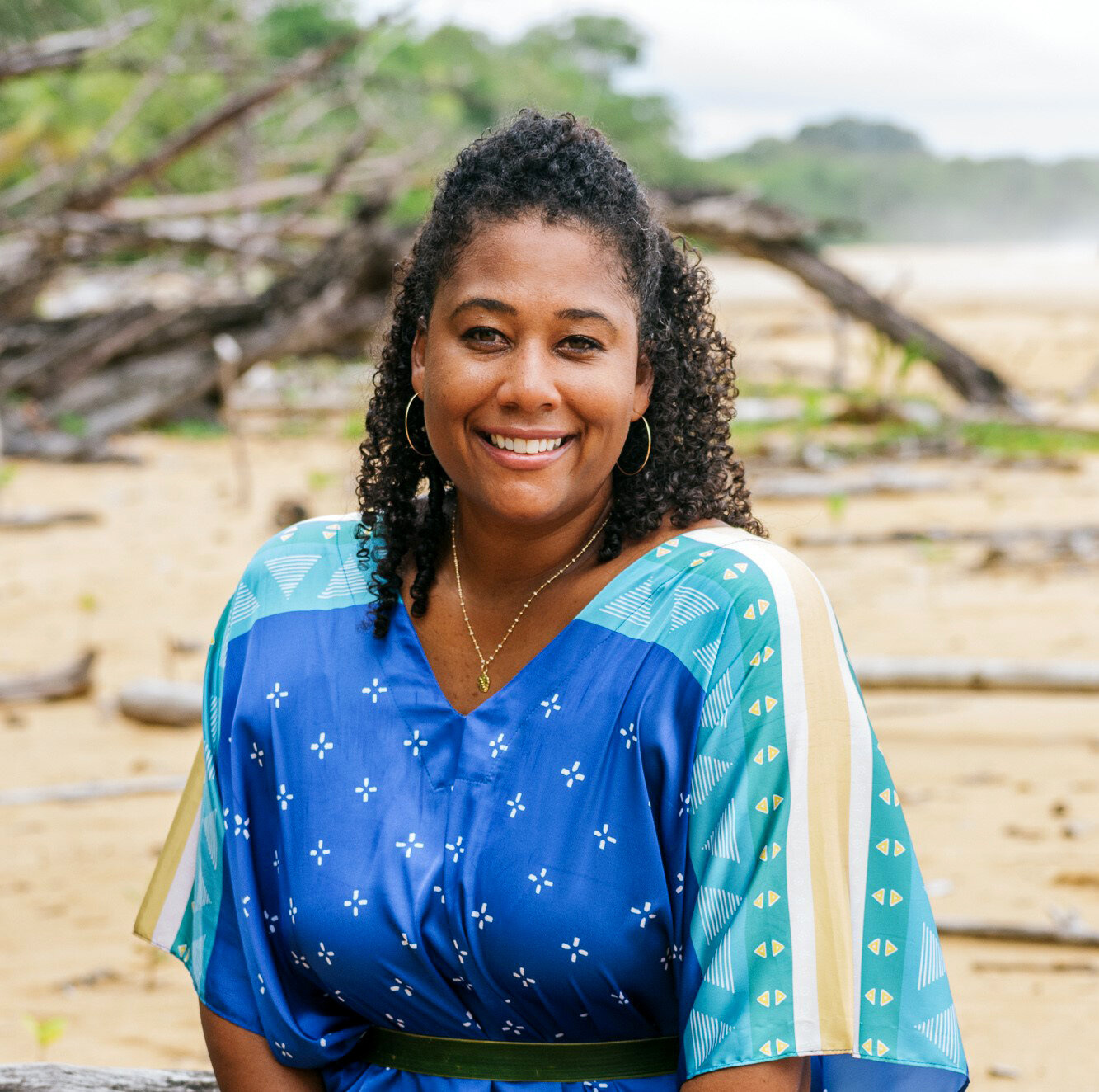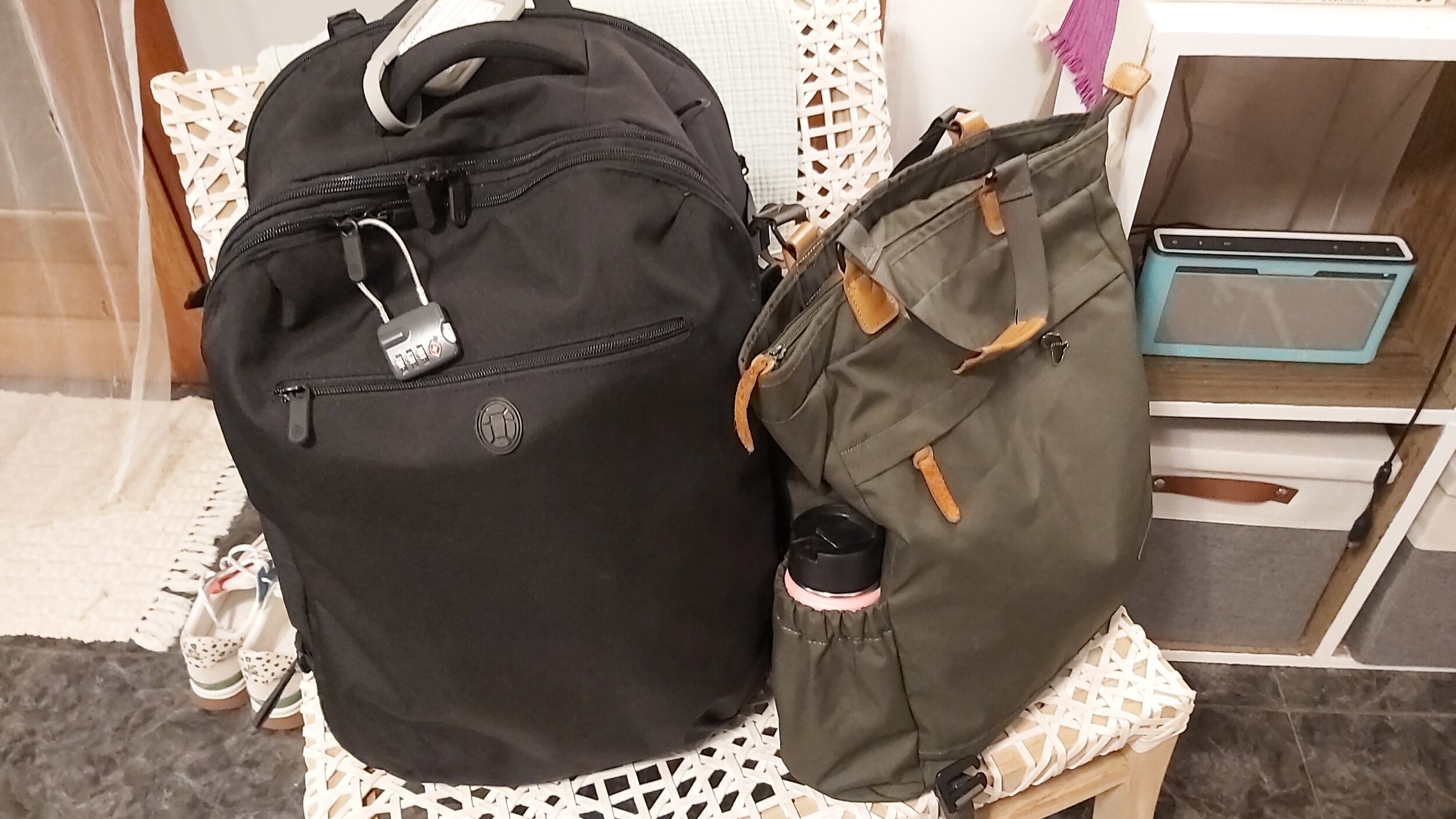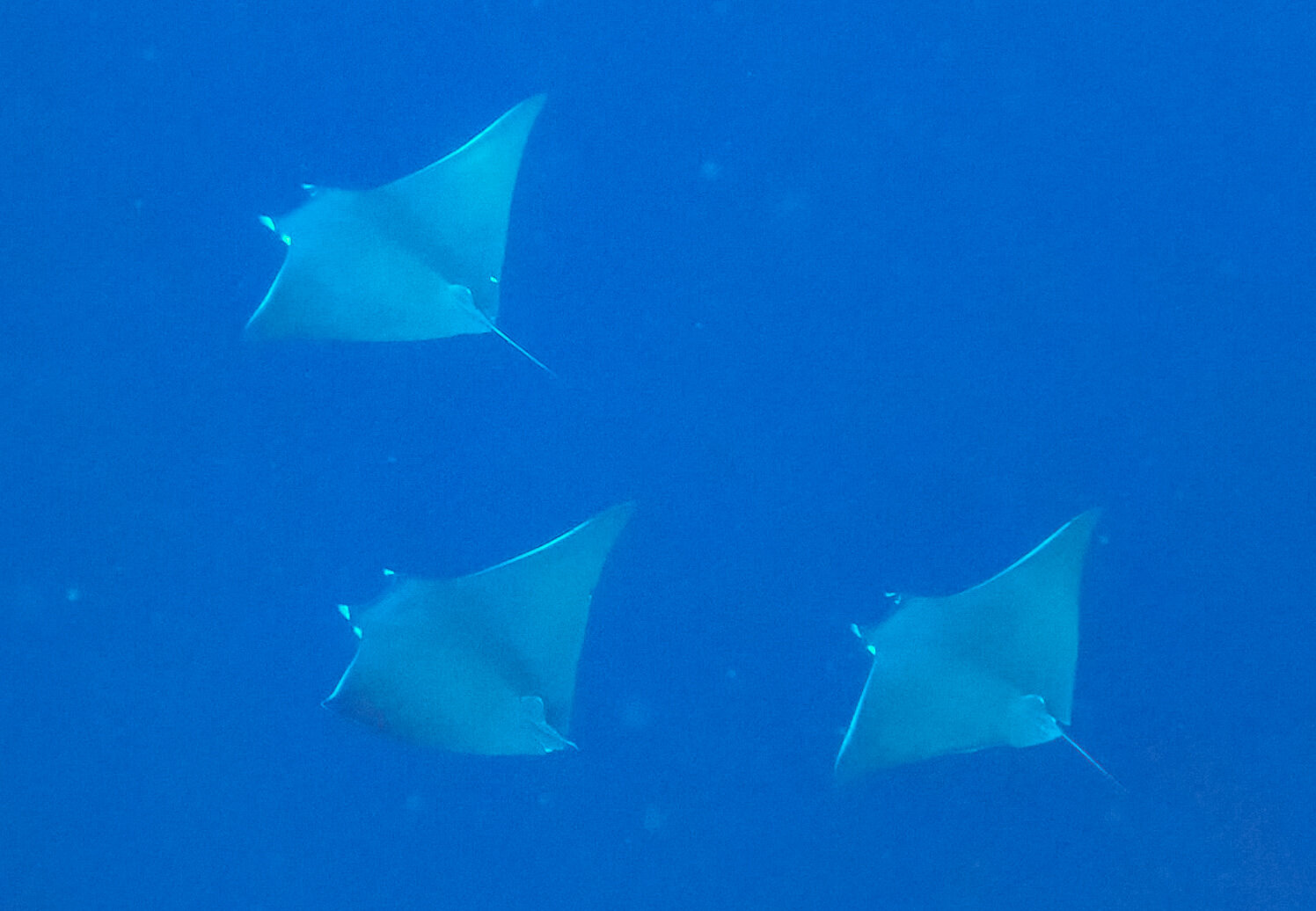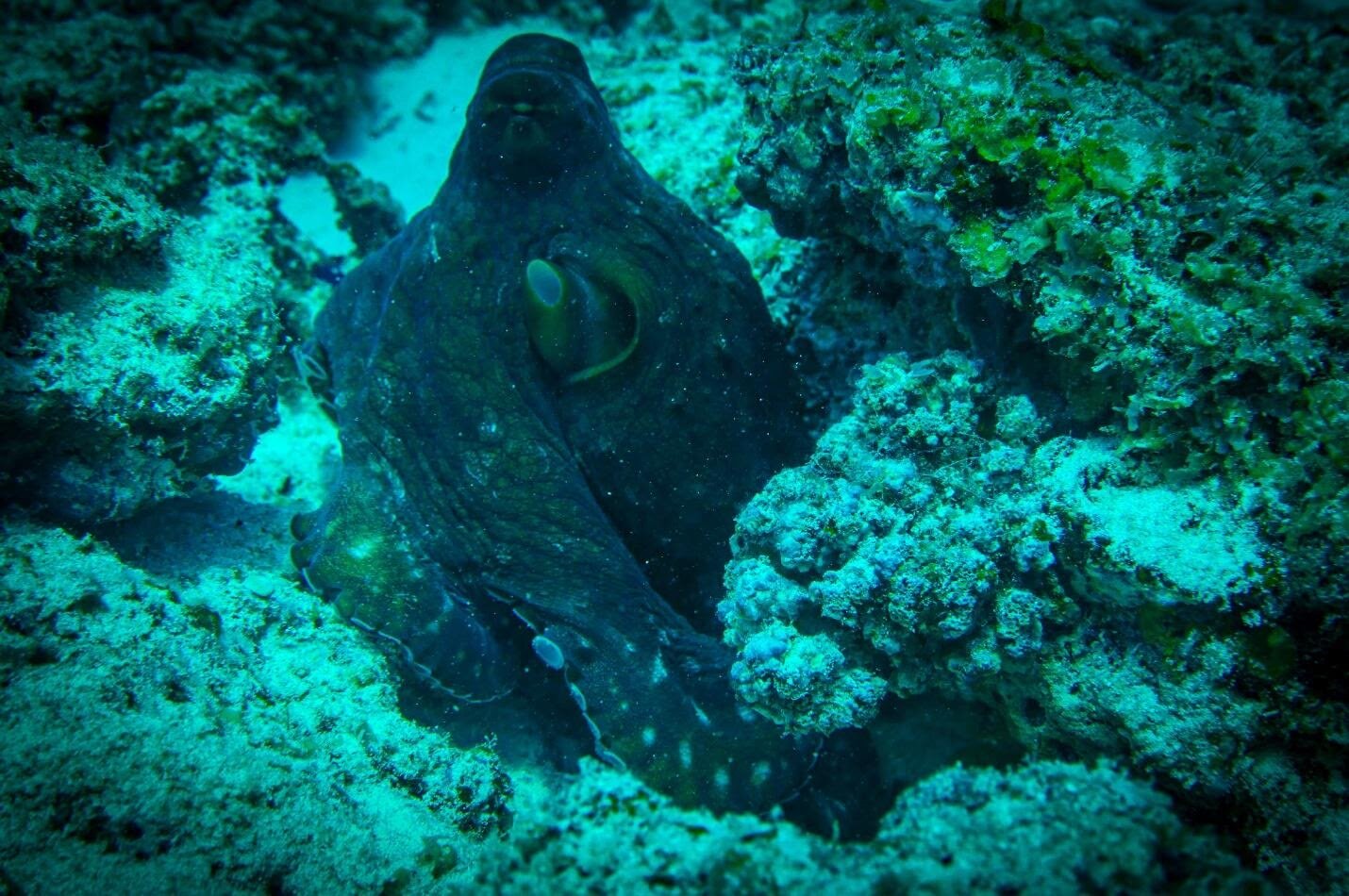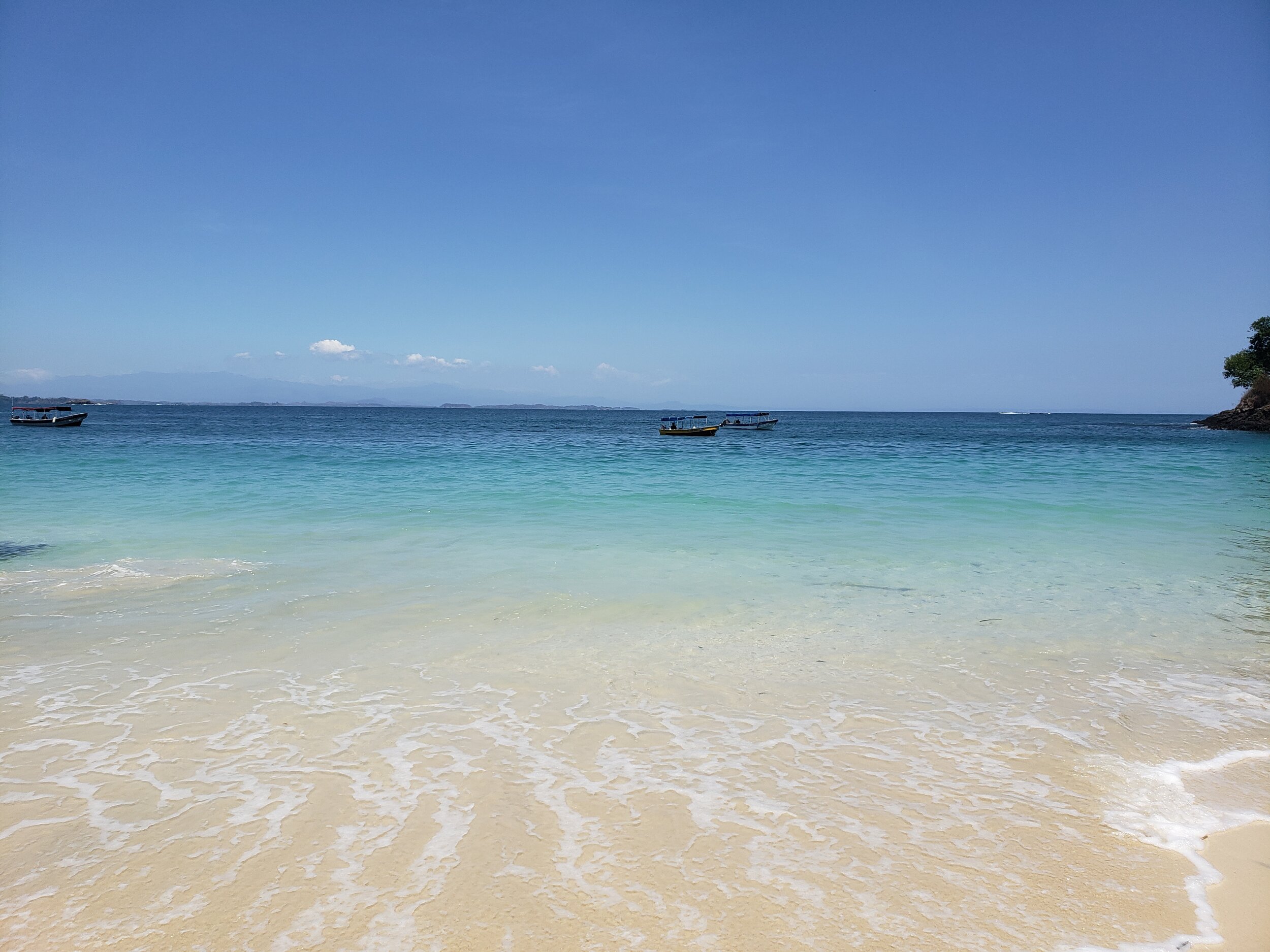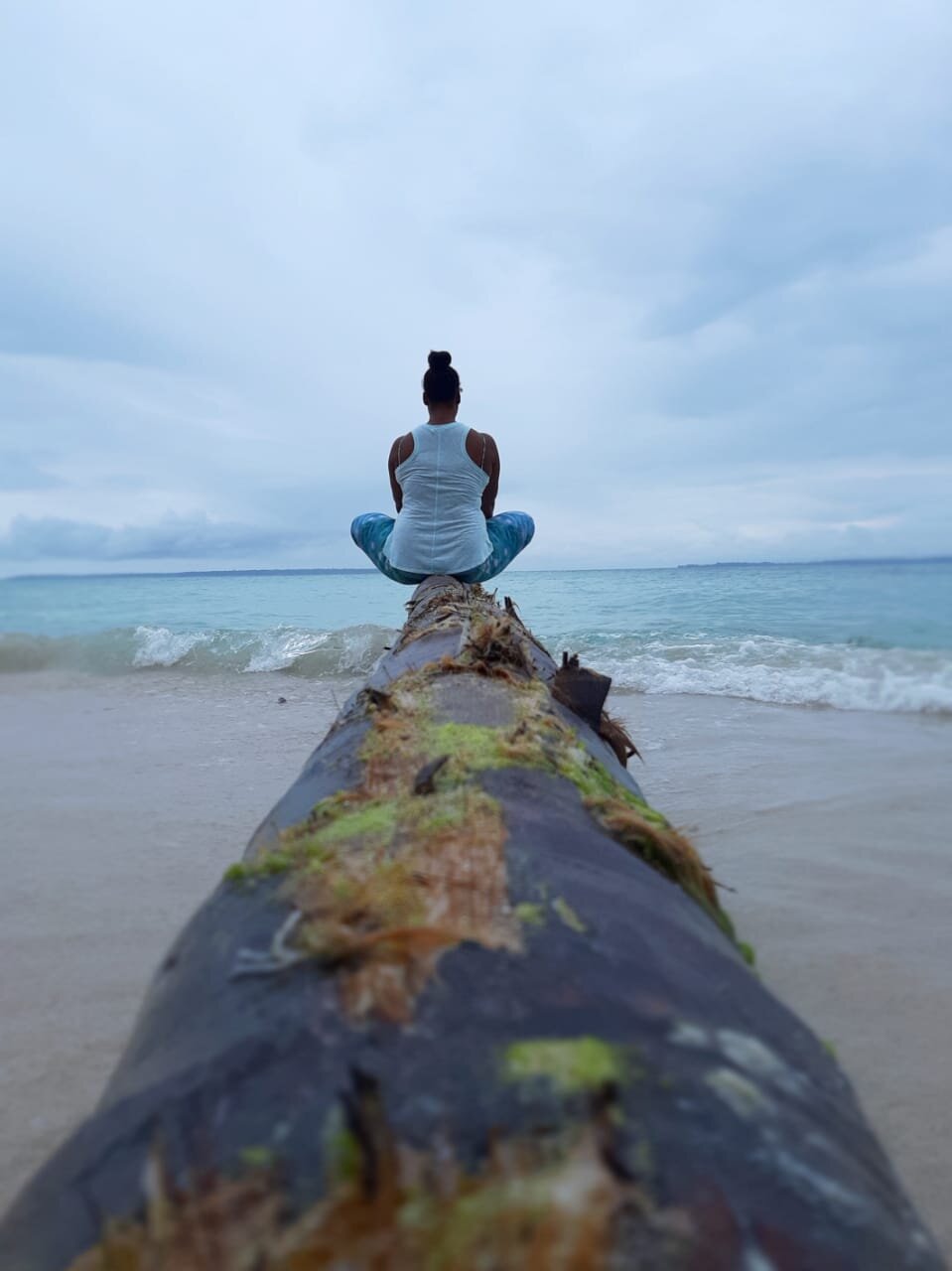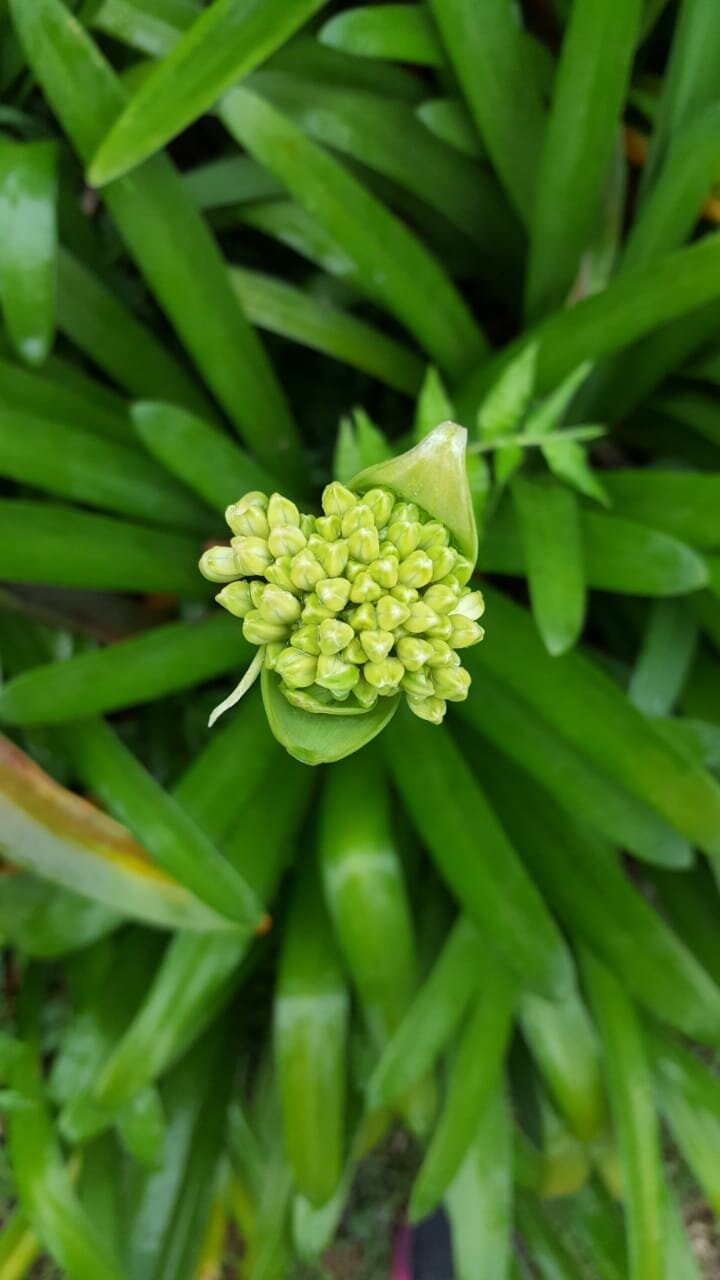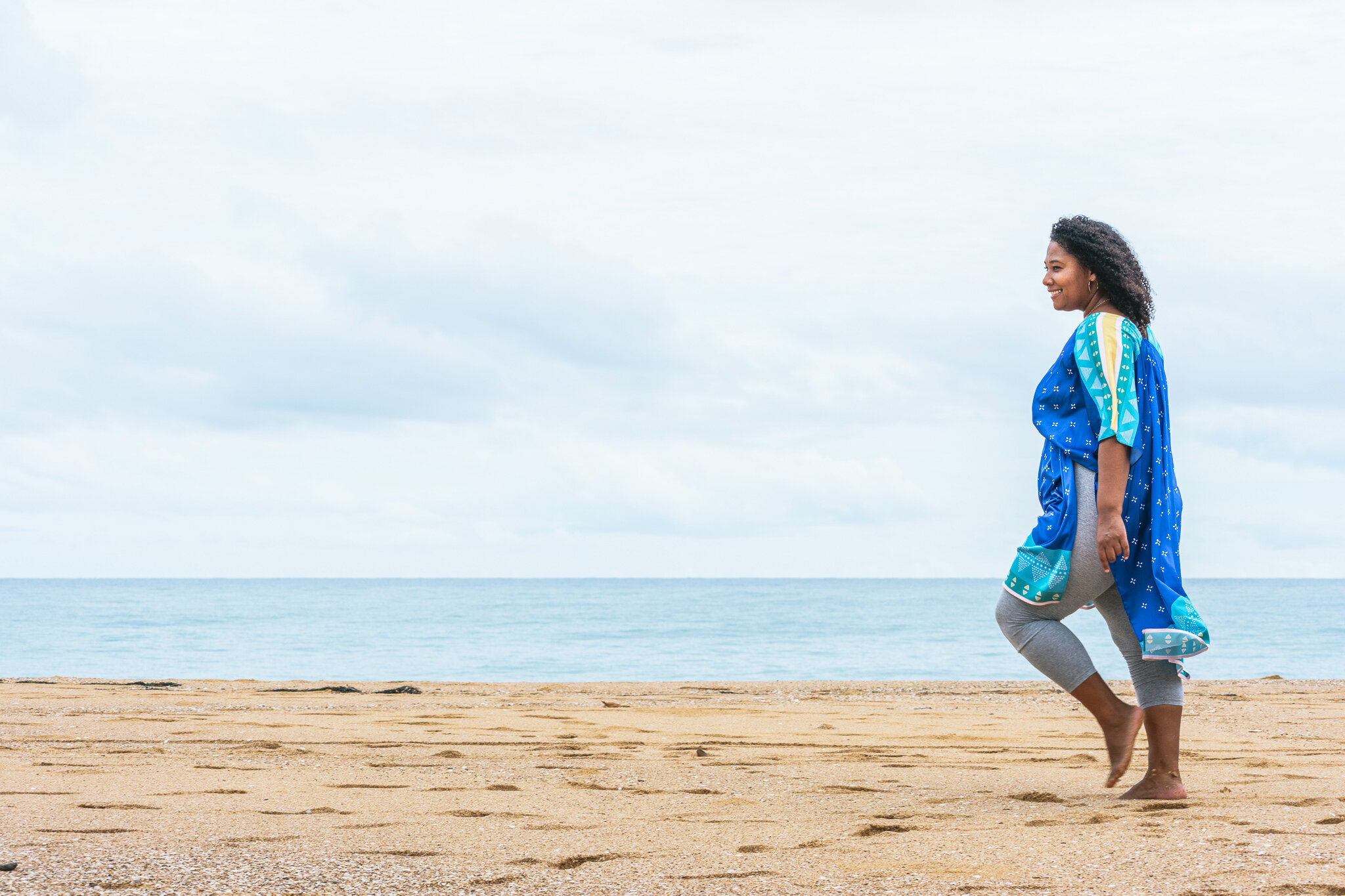
Dr. Cinda Scott: Centering humanity in ocean science
Marine Biologist, Educator, Speaker, Traveler
For over a decade, I’ve been inspiring new generations of marine scientists.
I love teaching and mentoring students about the wonders of the ocean and the intricate relationship between humans and the sea.
Hi, I’m Dr. Cinda Scott.
I’m a scientist, educator, and public speaker. I’m also a fabunerd - equal parts fabulous and nerdy - obsessed with helping people everywhere embrace and love who they are. Exploring the world, learning about the wonderful creatures and ecosystems of the ocean, and sharing my knowledge and experience are my deepest passions.
The ocean is vital to all life on earth. After visiting, working with and listening to coastal communities around the globe, I am on a mission to ensure that all people benefit from the natural resources of the ocean. Centering humanity in conjunction with protecting marine organisms and seascapes will help us to ensure a viable future for us all.
A STEM speaker with a proven track record.
I create connections and inspire. I have over 17 years of experience in education and cultivating transformational international journeys for STEM students. Since 2005, I’ve been sharing my knowledge and story with universities and non-profit entities such as Middlebury College, William and Mary, Universidad de Panamá, UCLA, and New England Science and Sailing.
Interested in having me speak at your next event?
Please click below.

“At its very core, conservation has to be rooted in equity for ultimate success. Let’s start reimagining how we can not only use Marine Protected Areas as a tool for conservation, but as a means to uplift, respect and enhance others.”
-Dr. Cinda P. Scott
Every creature on earth has a story.
Inspiring tales exist in the vastness of our oceans. Check back often to see what knowledge I’m droppin’ about new discoveries, education & research, and my personal experience traversing marine science.
Our world is beautiful.
The energy and majesty of the ocean is undeniably powerful and has always been a significant grounding force in my life. Traveling allows me to connect two of my great loves: the ocean, and learning about other people and cultures. Check out my latest travel adventures!

